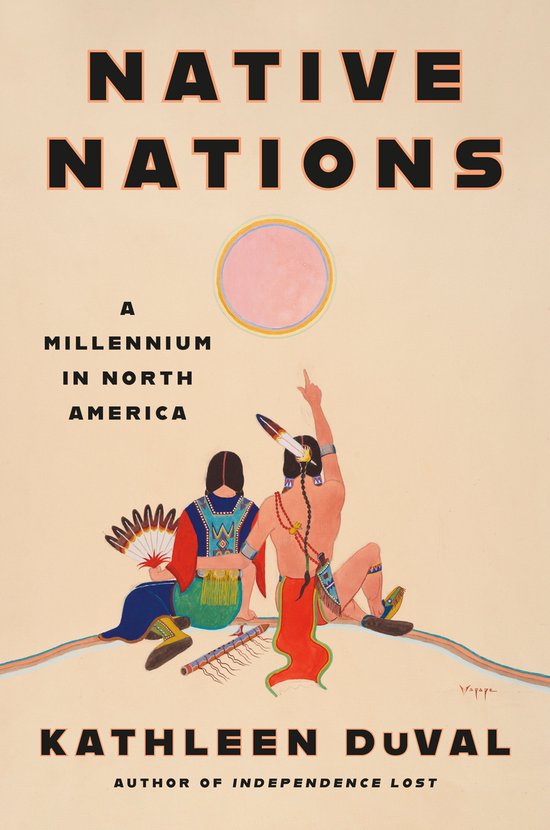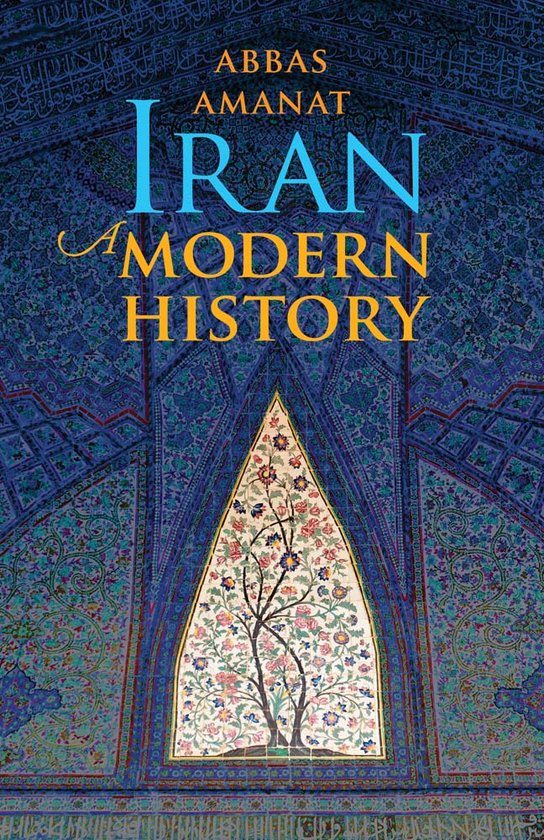
Native Nations
A sweeping history of the power of Indigenous North America from ancient cities to fights for sovereignty that continue today, from an award-winning historian
In this magisterial history, Kathleen DuVal tells the story of Native nations, from the rise of ancient cities more than a thousand years ago to the present, reframing North American history with Indigenous power and sovereignty at its center. Before and during European colonization, Indigenous North Americans built diverse civilizations and lived in history, adapting to a changing world in ways that reverberated globally. As DuVal explains, no civilization came to a halt when a few wandering explorers arrived, even when the strangers came well-armed.
A millennium ago, North American cities rivaled urban centers around the world in size, but following a period of climate change and instability DuVal shows how numerous smaller nations emerged from previously centralized civilizations, moving away from rather than toward urbanization. From this urban past, patterns of egalitarian government structures, diplomacy, and complex economies spread across North America. So, when Europeans arrived in the sixteenth century, they encountered societies they did not understand, having developed differently from their own, and whose power they often underestimated. For centuries after these first encounters, Indigenous people maintained an upper hand and used Europeans in pursuit of their own interests. In Native Nations, we see how Mohawks closely controlled trade with the Dutch--and influenced global markets--and how Quapaws manipulated French colonists. Power dynamics shifted after the American Revolution, but Indigenous people continued to control the majority of the continent. Shawnee brothers Tecumseh and Tenskwatawa forged new alliances and encouraged a controversial new definition of Native identity to attempt to wall off U.S. ambitions. The Cherokees created new institutions to assert their sovereignty on the global stage, and the Kiowas used their preponderance of power in the west to regulate the passage of white settlers across their territory.
In this important addition to the growing tradition of North American history centered on Indigenous nations, Kathleen DuVal uses these stories to show how the definitions of power and means of exerting it shifted over time, but the sovereignty and influence of Native peoples remained a constant and will continue far into the future.
In this magisterial history, Kathleen DuVal tells the story of Native nations, from the rise of ancient cities more than a thousand years ago to the present, reframing North American history with Indigenous power and sovereignty at its center. Before and during European colonization, Indigenous North Americans built diverse civilizations and lived in history, adapting to a changing world in ways that reverberated globally. As DuVal explains, no civilization came to a halt when a few wandering explorers arrived, even when the strangers came well-armed.
A millennium ago, North American cities rivaled urban centers around the world in size, but following a period of climate change and instability DuVal shows how numerous smaller nations emerged from previously centralized civilizations, moving away from rather than toward urbanization. From this urban past, patterns of egalitarian government structures, diplomacy, and complex economies spread across North America. So, when Europeans arrived in the sixteenth century, they encountered societies they did not understand, having developed differently from their own, and whose power they often underestimated. For centuries after these first encounters, Indigenous people maintained an upper hand and used Europeans in pursuit of their own interests. In Native Nations, we see how Mohawks closely controlled trade with the Dutch--and influenced global markets--and how Quapaws manipulated French colonists. Power dynamics shifted after the American Revolution, but Indigenous people continued to control the majority of the continent. Shawnee brothers Tecumseh and Tenskwatawa forged new alliances and encouraged a controversial new definition of Native identity to attempt to wall off U.S. ambitions. The Cherokees created new institutions to assert their sovereignty on the global stage, and the Kiowas used their preponderance of power in the west to regulate the passage of white settlers across their territory.
In this important addition to the growing tradition of North American history centered on Indigenous nations, Kathleen DuVal uses these stories to show how the definitions of power and means of exerting it shifted over time, but the sovereignty and influence of Native peoples remained a constant and will continue far into the future.
| Auteur | | Kathleen Duval |
| Taal | | Engels |
| Type | | Hardcover |
| Categorie | | Mens & Maatschappij |




